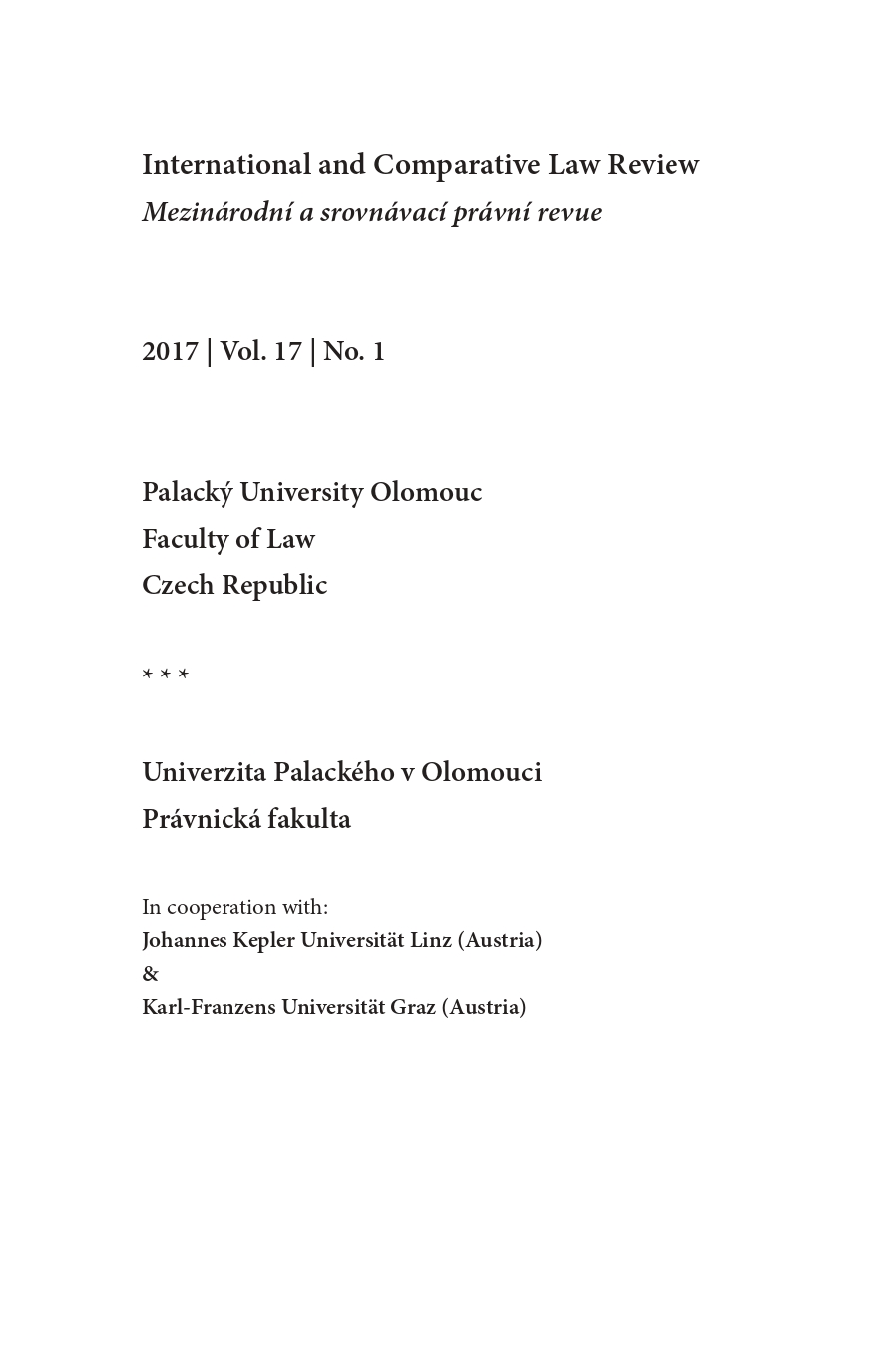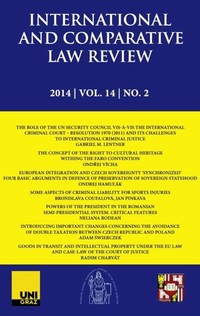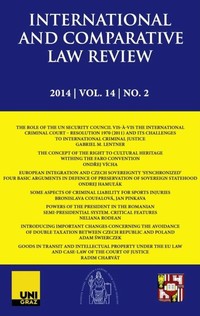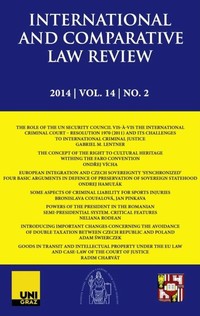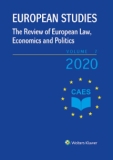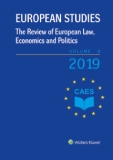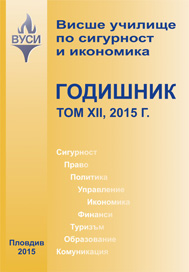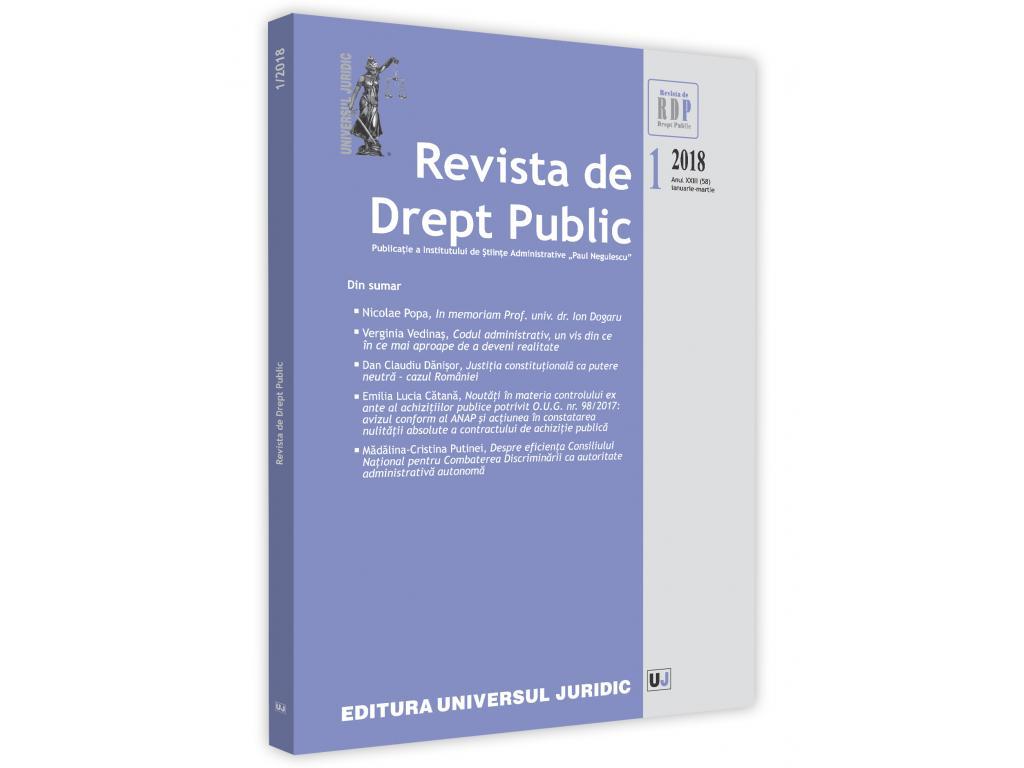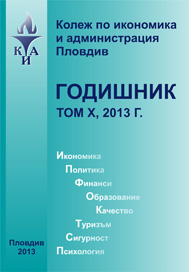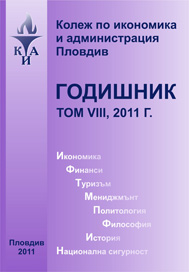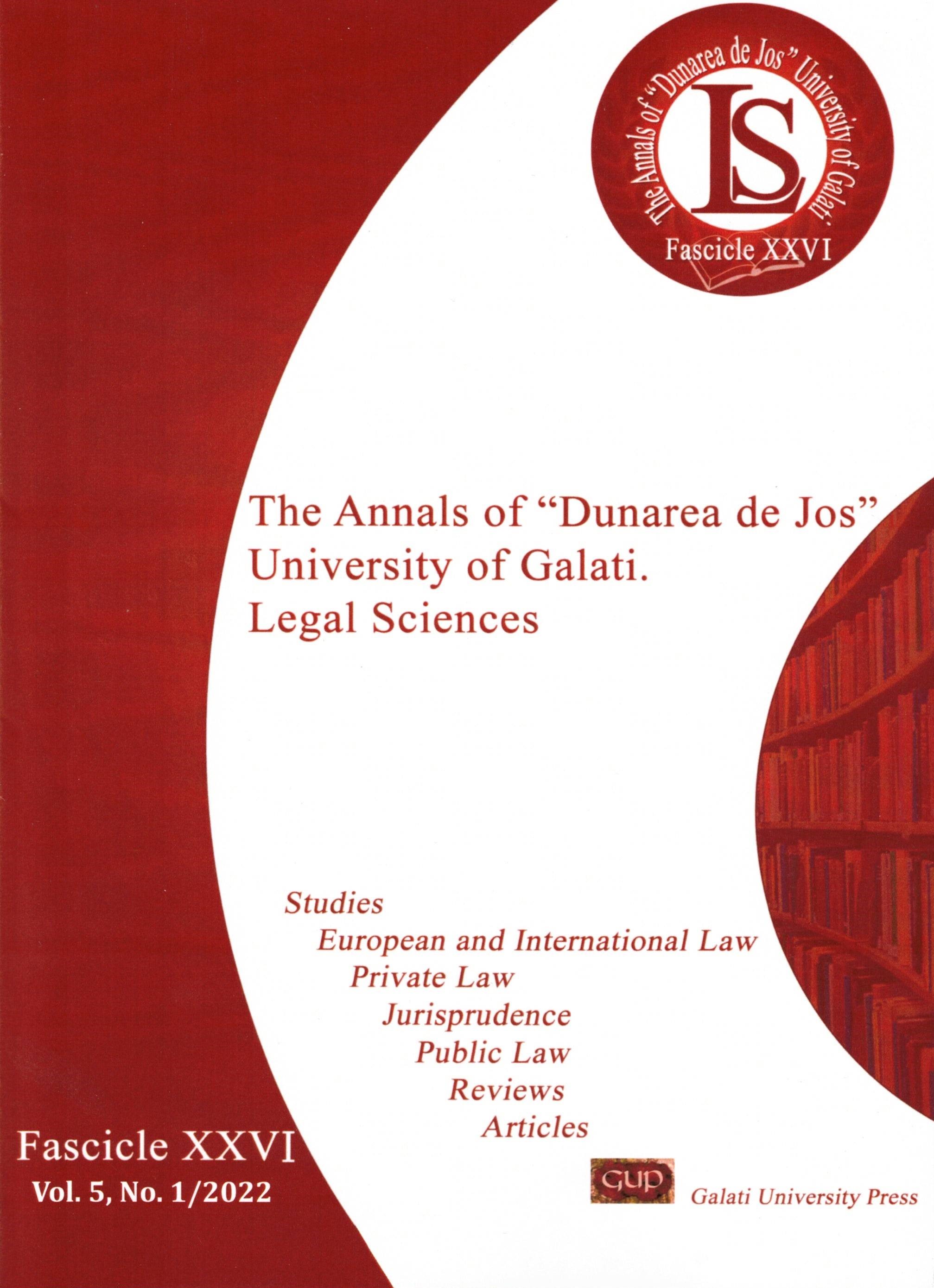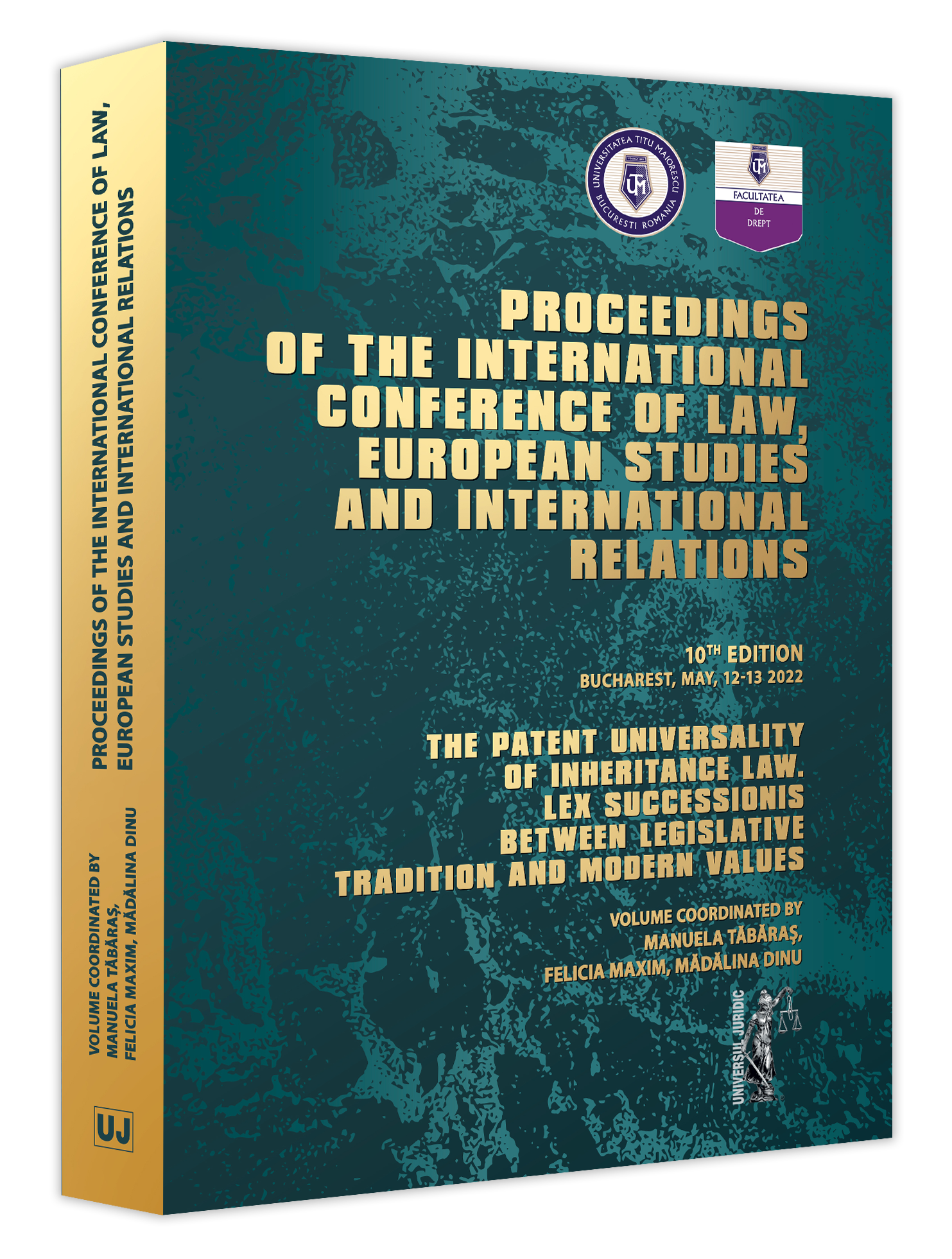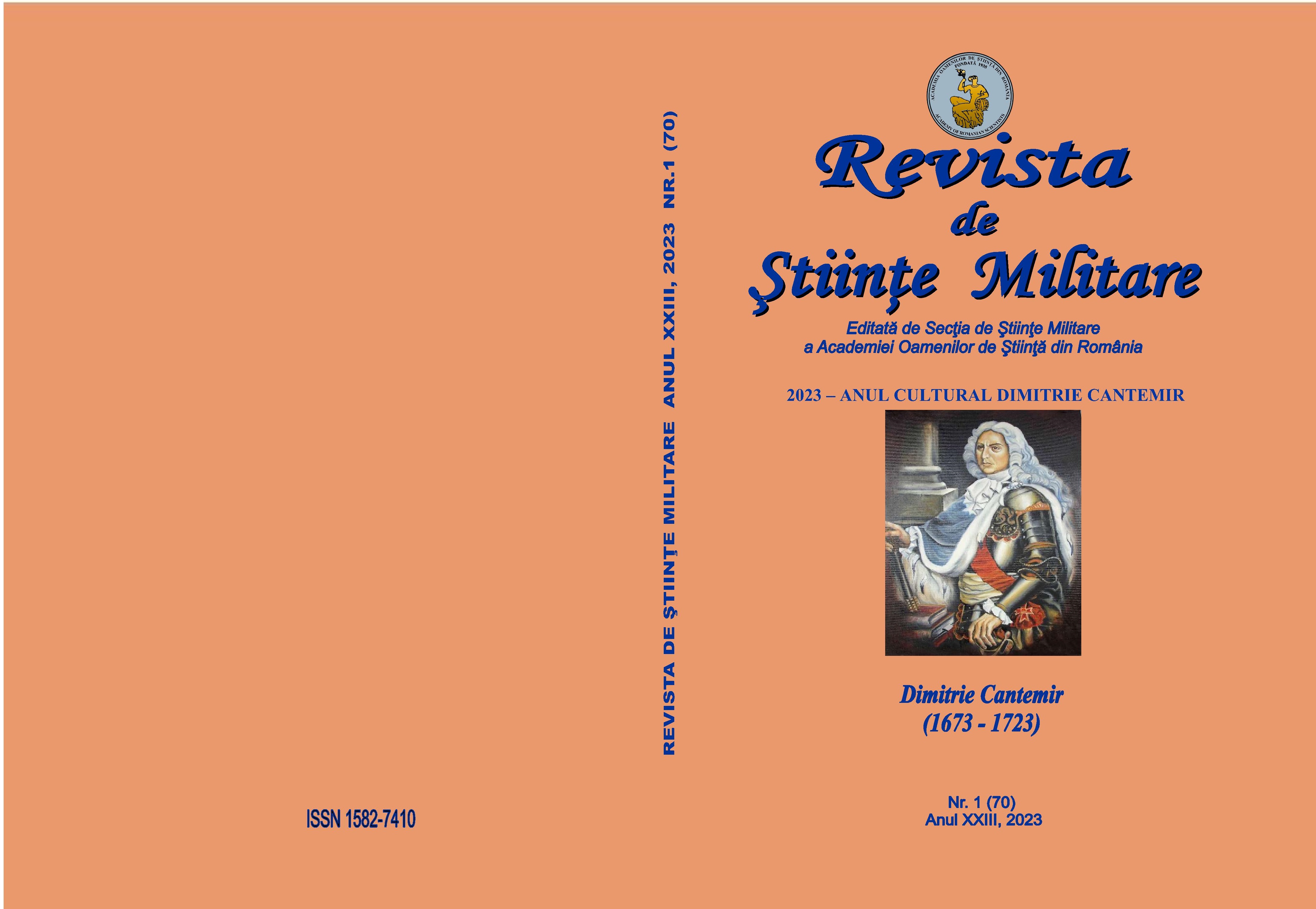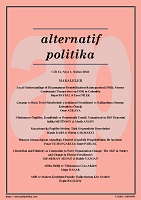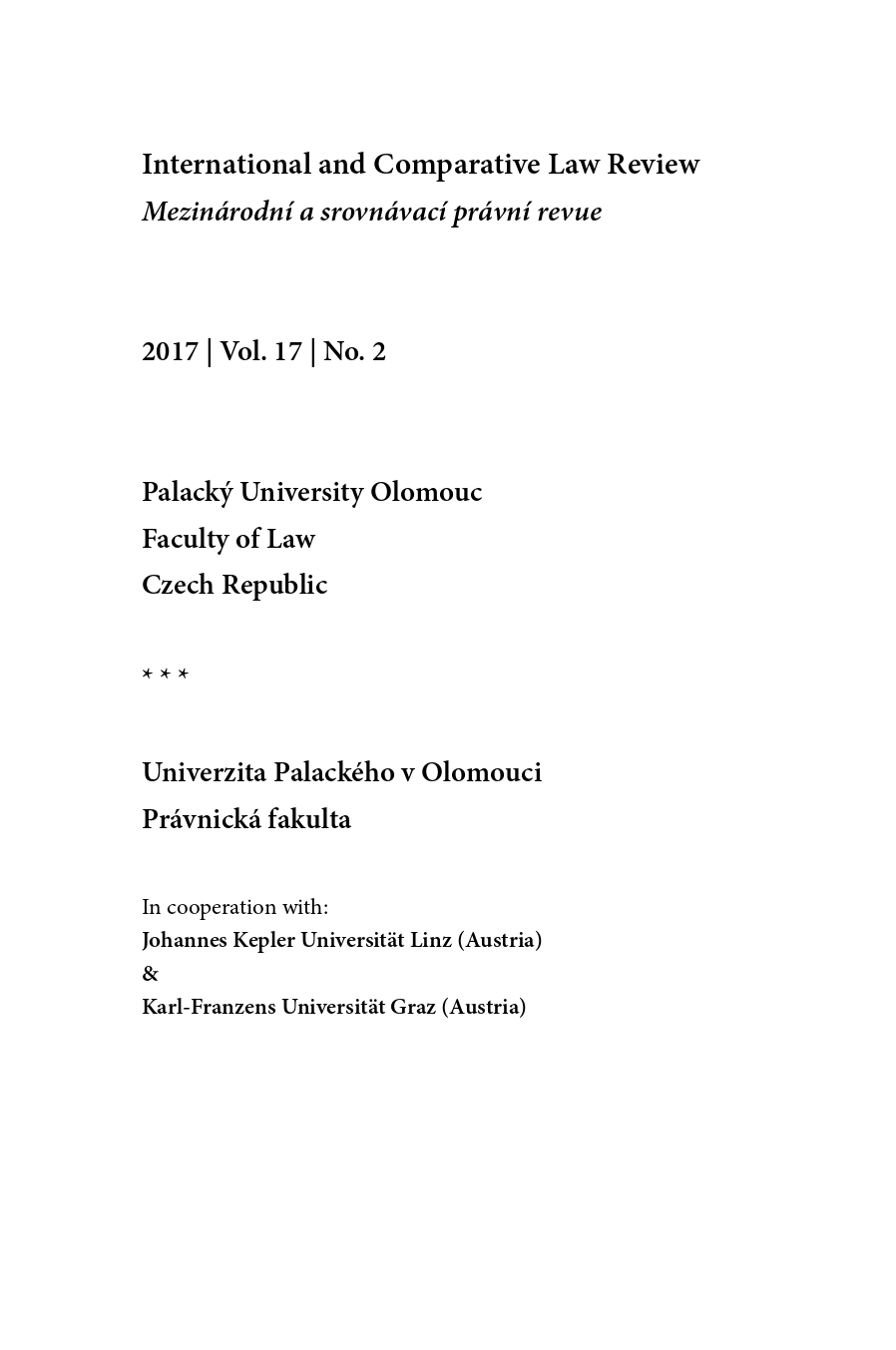
Multidimensional and Equivocal: the Theoretical and Philosophical Issues of Legal Sanctions
The social order, and especially the legal order, is implemented and maintained by institutions whose actions are based on the application of various forms of legal constraint. A sanction in the law may take various forms, as diversified in content may be the legislative justifications for them. The article deals with reflection on sanctions. It begins with a linguistic note: “sanction” as a semantic category and a term from juristic language. Then in the theory of law as an element of the structure of the norm. Authors also point out that sanctions exist in normative systems other than the law and they start reasoning by citing the view that the most important goal of establishing sanctions is to prompt adequate motivation of the subjects to comply with the norm (legal or other). In the essential part of the article the authors refer the division and typology of sanctions and theirs construction. In the final and most important part of the article the classical point of view - quoted at the beginning - is confronted with the order of international law, which is sometimes recognized as as lex imperfecta – as the international public law (law of nations) hasn’t developed a system of institutionalized sanctions ensuring observance of its norms. The authors suggest that it is a mistake committed the most frequently by lawyers not expert in international public law unjustifiably and incorrectly transfer the apparatus of notions with precisely assigned significance straight from the theory of domestic (in this case, Polish) law into the sphere of research on public international law. For the international law is shaped as a decentralized structure, within which the question of the execution of behaviours complying with its principles and rules belong to the duties of the subjects of that law—members of international society. The effectiveness, efficiency and purposefulness of the law is not completely nor exclusively conditioned by the existence and type of legal constraint and the international law has not been deprived of the attribute of law. The only real thing is only that a sanction has not always been automatically and immediately applied in case of infringement of a legal duty, since launching a sanction may require a specific legal action on behalf of another entitled subject of international law
More...
